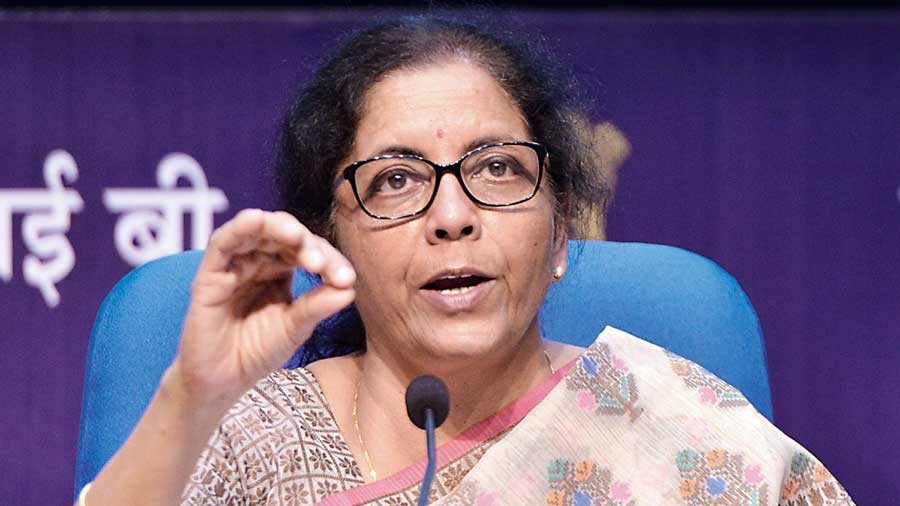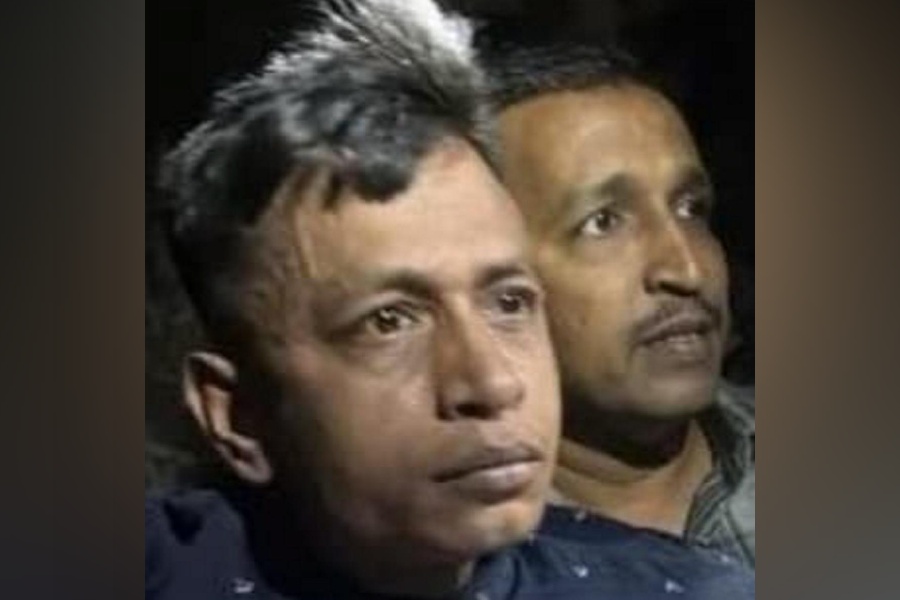Opposition-ruled states may go to court if the Centre is able to rustle up support in the GST Council to the “disagreeable” option of forcing the state governments to raise borrowings from the market to fill up the shortfall in the GST collections which is estimated at Rs 3 lakh crore this fiscal.
The shortfall — which the Centre is obligated to compensate the states for a period of five years till 2022 — should have come out of the proceeds of a compensation cess that is levied on a handful of luxury and other demerit goods.
But the cess isn’t likely to yield more than Rs 65,000 crore this year which leaves a yawning gap of Rs 2.35 lakh crore. The Centre has refused to fork out this sum. Instead, it has cleverly diced this sum up into two components: a sum of Rs 97,000 crore which it has arbitrarily attributed to the infirmities in GST implementation and a larger Rs 1.38 lakh crore that has been ascribed to the Covid-19 pandemic and treated as an exogenous factor outside the scope of the GST regime.
States have been given the option of either borrowing a sum of Rs 97,000 crore through a special loan window to be created by the RBI or the entire sum of Rs 2.65 lakh crore at market rates.
Most BJP-ruled states have weighed in favour of the first option and the proposal is likely to be carried at the GST Council meet this Saturday. The Centre has a one-third weightage in any Council vote which fairly secures the outcome.
At least one state, Bengal, has not ruled out the possibility to challenge the Centre’s sinister plan to shake off its obligations under the GST which was critical in securing the states’ support for a contentious tax reform that required them to subsume virtually all their taxes and levies under an overarching tax system designed to create a pan-India common market.
“Whether we will go to court or not is a strategy I can’t reveal,” Bengal finance minister Amit Mitra told Karan Thapar in an interview for news portal The Wire.
Even though Mitra had always insisted that trust and consensus had been the guiding lights for ushering GST in the country, seeking the view of the attorney-general of India on GST compensation may have changed the equation.
Some believe the Centre has paved the way for legalese in the matter of GST when it buttressed its stand with the AG’s view in an attempt to wreck the spirit of cooperative federalism that underpinned the GST regime.
Bengal and several other non-BJP states want the Centre to borrow the entire shortfall. In return, they are okay with extension of cess collection period to pay for the principal and interest on the central loan.











